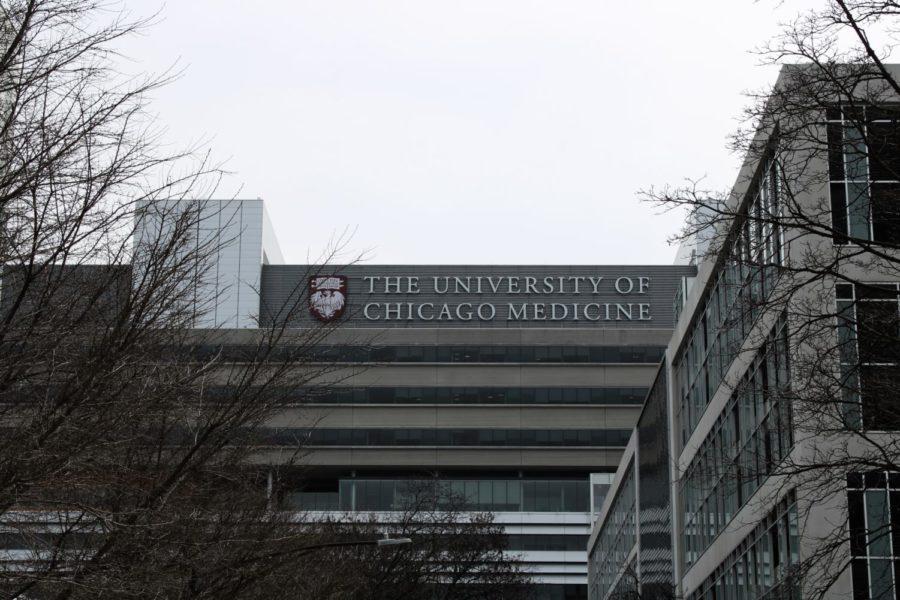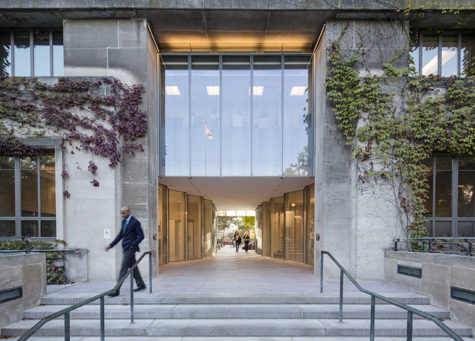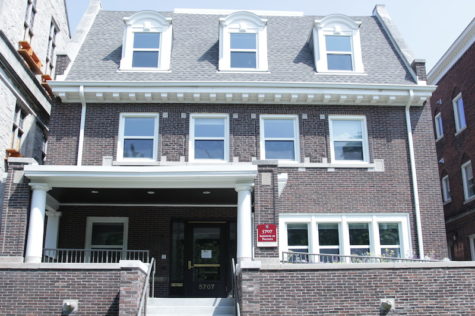UC Med Sets State Record with 66 Heart Transplants in 2022
Dr. Valluvan Jeevanandam and Dr. Christopher Salerno spoke to The Maroon about UChicago Medicine’s record-setting numbers.
January 26, 2023
The University of Chicago Medical Center (UChicago Medicine) performed 66 heart transplants in 2022, surpassing its 2021 milestone of 61 transplants and setting a new state record for the second consecutive year. Dr. Valluvan Jeevanandam, director of the Heart and Vascular Center and chief of the Section of Cardiac Surgery, and Dr. Christopher Salerno, director of Adult Cardiac Surgery and surgical director of the Heart Transplant and Mechanical Assist Device Program, spoke to The Maroon about this recent accomplishment.
The transplant program has reformatted its structure and leadership in the past eight years. “We really started increasing our cardiology faculty, increasing the infrastructure expenditure and expertise,” Jeevanandam said.
Since then, the transplant program has become one of the leading programs in the world. UChicago Medicine has the lowest hazard ratio, or likelihood of patient complications, recorded nationally: 0.25. This means the complication rate for patients who received heart transplants is significantly lower than the complication rate for untreated patients. In addition, the UChicago transplant program has the shortest wait times and the highest percentage of Black patients treated.
“[This is] quite a tribute to being on the South Side of Chicago [and] providing good health care despite the disparities in health care,” Jeevanandam said.
According to Salerno, one reason that the program is so unique is the experts working there. “We have really sought out people with particular expertise and created an environment where they’ll do well,” Salerno said. “It’s an environment where people are used to doing new things and pushing the envelope in an effort to improve patient outcomes.”
The UChicago Medicine transplant program has also been at the forefront of several scientific breakthroughs. For example, it was the first program in the world to complete a multi-organ transplant of the heart, liver, and kidney successfully.
Furthermore, 15 percent of the program’s patients are Jehovah’s Witnesses, who cannot receive any form of blood product. “They are probably the hardest transplant patients to do and take care of,” Jeevanandam said. “Most other programs shy away because, for a heart transplant, about 60 percent of the people end up getting blood transfusions after a heart transplant, and so you have to have a program that is confident in their ability to provide this care and, in a sense, be respectful of somebody else’s beliefs to be able to provide that care.”
UChicago Medicine also takes care of the largest population of Jehovah’s Witness patients in the country. “The numbers don’t reflect the complexity of the care we do,” Jeevanandam added.
As for next steps, Salerno strives for UChicago Medicine to perform 80 transplants in the next couple of years. He also hopes xenotransplantation, the transplantation of organs from animals, can be implemented within the next five years. Eventually, Salerno believes the program will do 100 transplants a year.
UChicago Medicine plans to launch a pediatric transplant program and will continue its efforts to search for new sources for potential donors. Jeevanandam said, “There are things in the horizon we want to do that will expand the field even more.”
“The sky’s the limit for us,” Salerno added.












